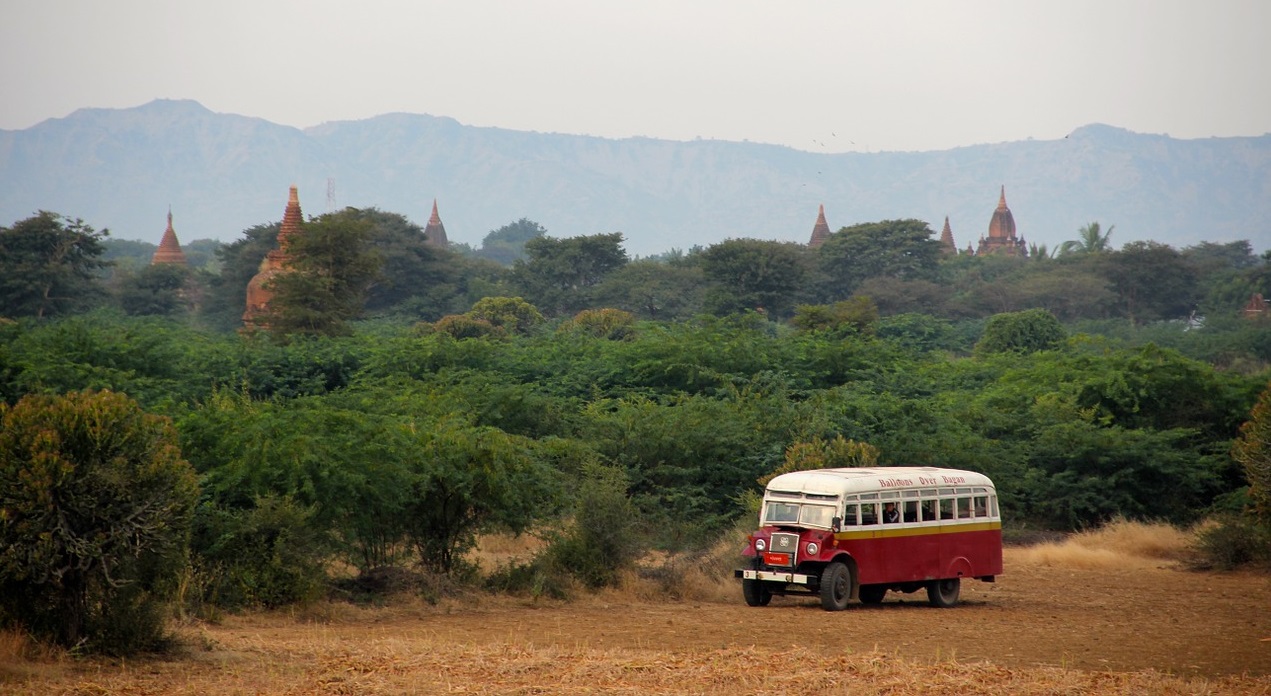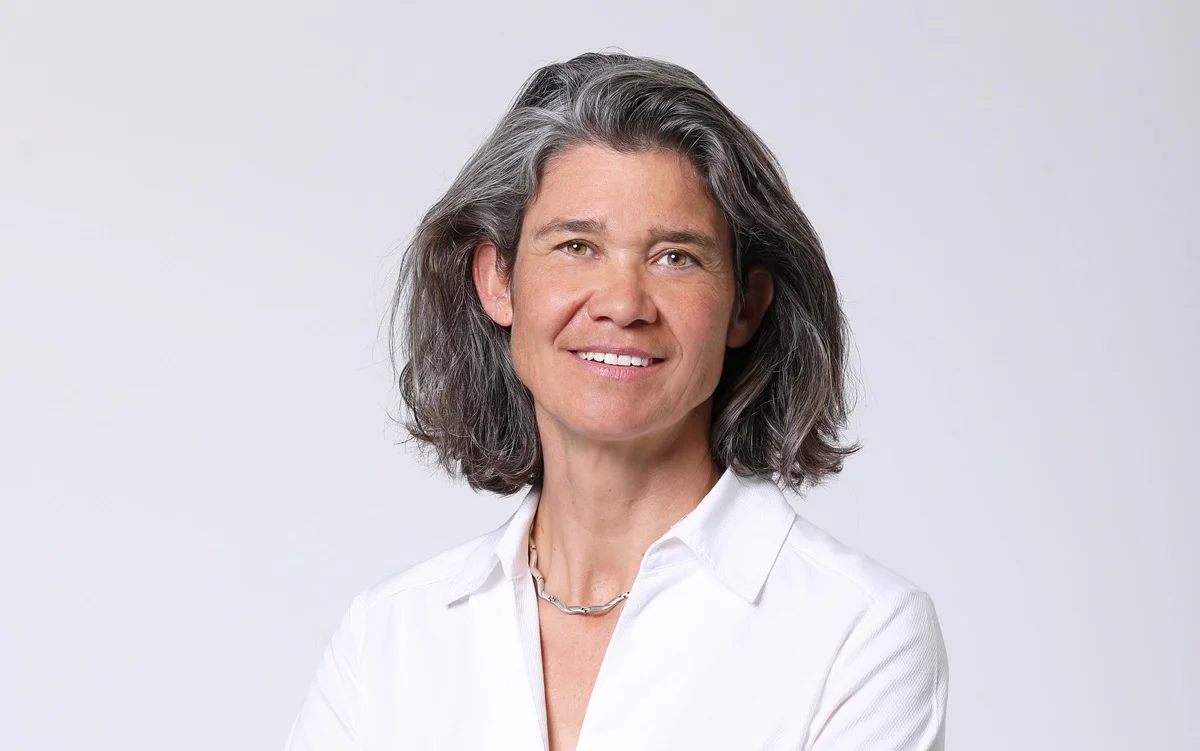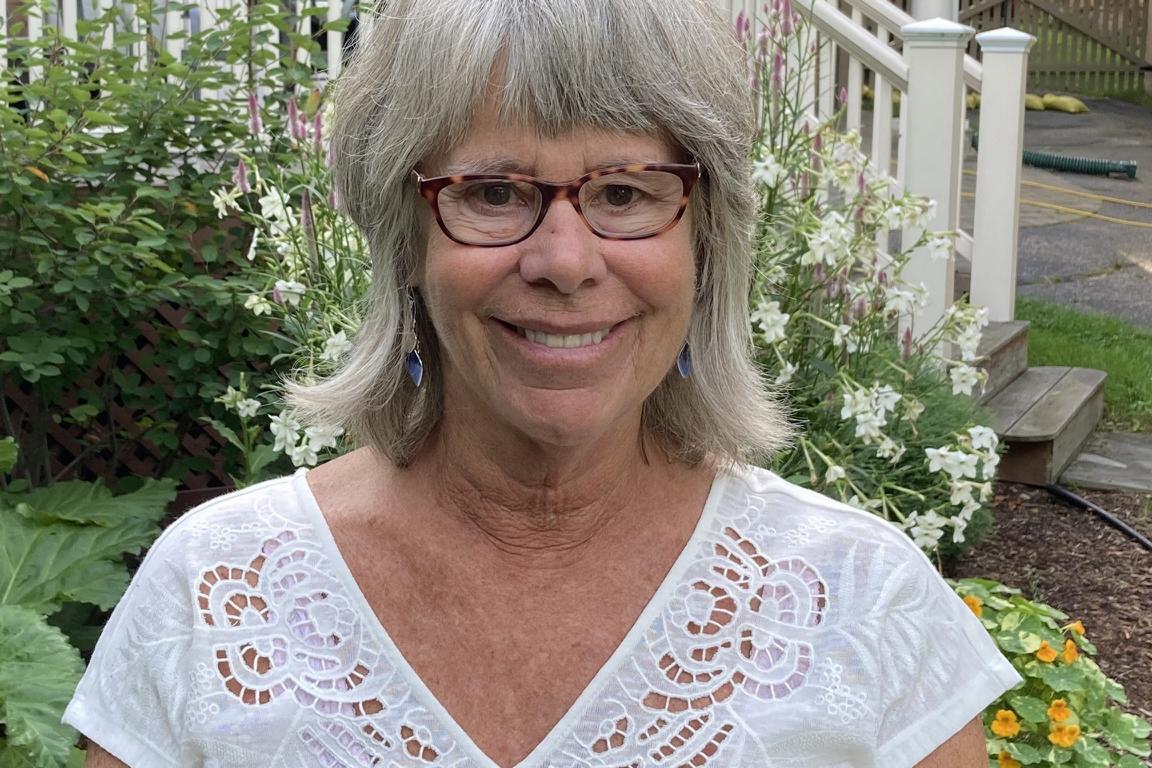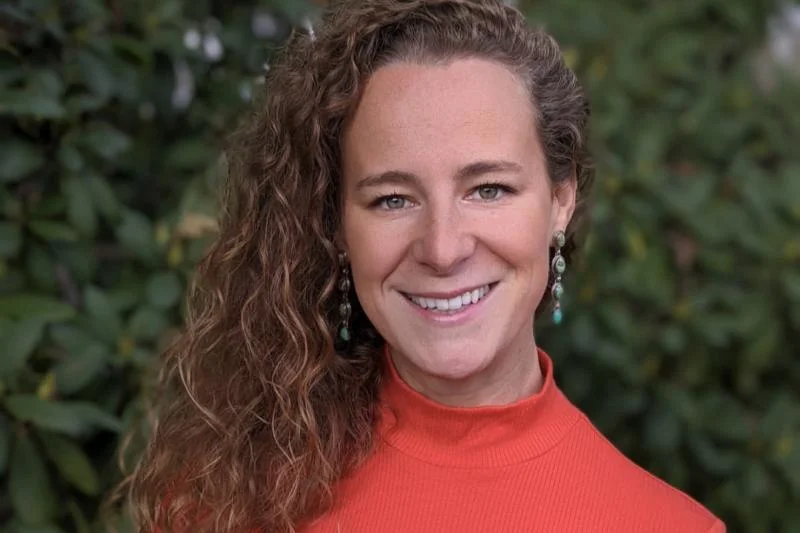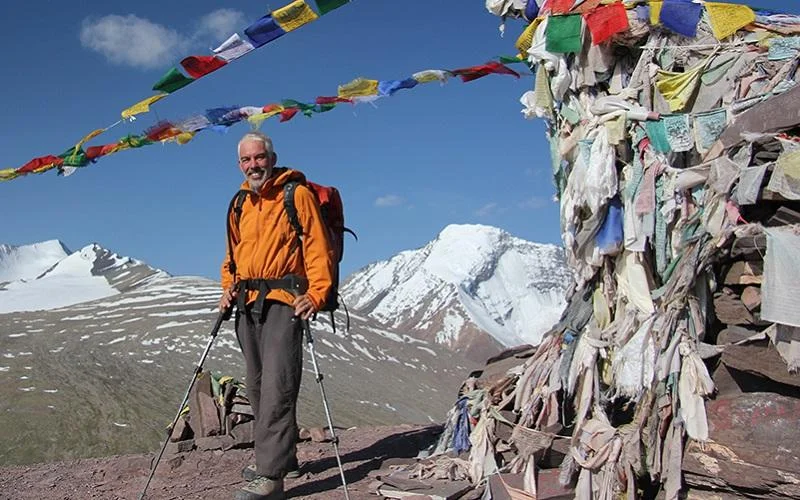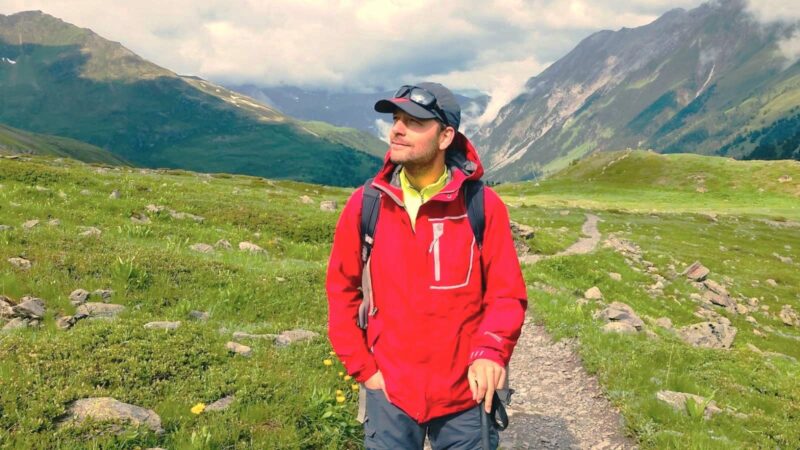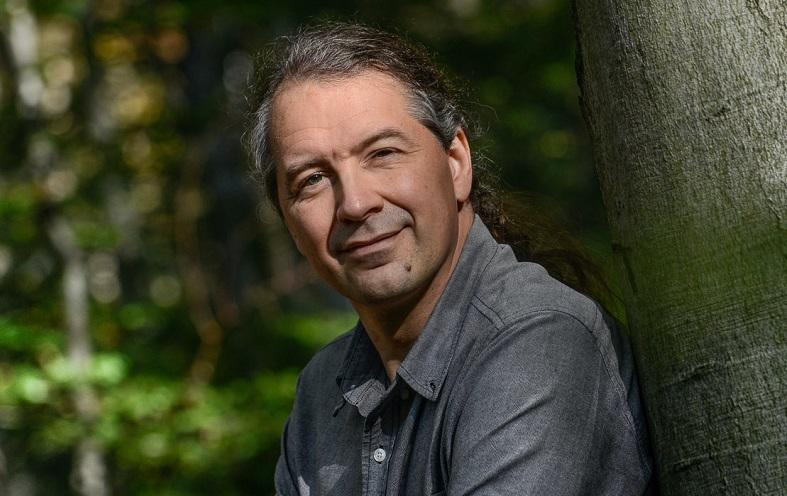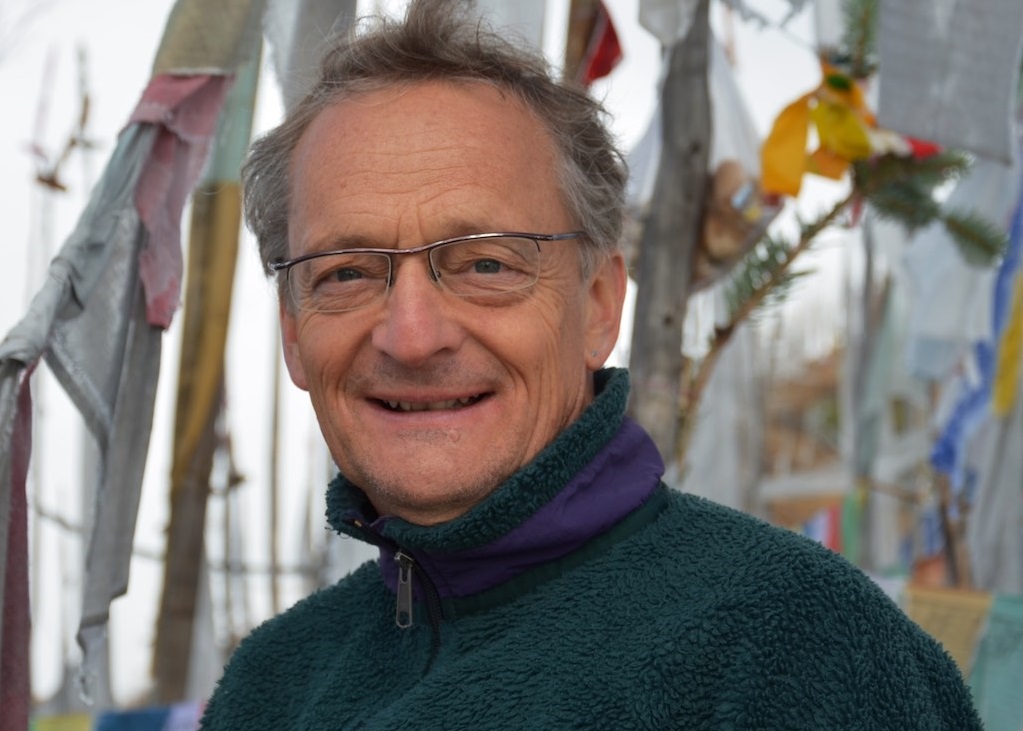
For development pros, Myanmar is among the hottest places to be. Because the country has been closed off for so long, the potential for tourism is immense. In this interview, sustainable tourism consultant Paul Rogers tells us what got him interested in this topic, shares his experience from working in Myanmar, and proposes two books you should definitely read.
Learn about:
- How Paul Roger’s perception of sustainable tourism has changed over the years;
- Which projects as consultant he is particularly fond of;
- Why the sustainability focus is shifting to destinations;
- Why the Millennium Development Goals won’t reach full potential;
- Which books on sustainability and tourism he highly recommends;
- What he’d do differently, given the chance to start his career all over again.
Paul, when did you discover your passion for sustainability?
I’d say my passion for sustainability and wanting to “do the right thing” has been innate.
It really awakened as a backpacker in Asia, and crystallized while on the Everest base camp and Kala Patar trek: watching the sun come up behind Everest at 5.30am. Things started to take on more meaning while wandering back down those majestic alpine valleys (that I didn’t want to leave behind).
What was your view of sustainable tourism when you first started your professional career?
With that intense experience – immersed in the enormity and scale of the Himalayan landscape and the spirit of the people who lived within it – I wanted to know how tourism could be developed to create win-wins for everyone. So I started researching, reading all I could on tourism, development and protected areas, and ended up with a PhD on “ecotourism” to the Mt Everest National Park and it’s environs.
To me, ecotourism should be intrinsically sustainable – or it ain’t ecotourism!
But at the same time, I realized (and continue to realize) that sustainable / responsible tourism is incredibly complex. It’s a process – a journey which we’ll unlikely achieve or reach. It’s a dynamic system in constant need of attention.
You are a senior tourism expert at LuxDev. What is your job about? And which achievements are you most proud of?
The Luxembourg Development Cooperation, via its bilateral cooperation agency LuxDev, is playing its part to achieve three SDG’s [Sustainable Development Goals] and make the world a better place.
I’ve been contracted to develop a tourism human resource development strategy for Myanmar – and that’s what I’m focused upon right now. Development of the strategy is a key objective of the Myanmar Tourism Master Plan. That’s a piece of work I’m proud to have worked on, with the rest of the team and all who contributed to it, including the Minister, the government and other stakeholders that joined our many workshops.
I’m also really pleased with the Lampi Marine National Park Ecotourism Plan, which I worked on last year for Myanmar’s only marine national park. But while Instituto Oikos are doing a great job of supporting the government, the Park and its local community including the Moken (sea gypsies), the complexities of implementing the plan are somewhat daunting and more technical and financial resources are needed to really secure a better future for the Park!
I might mention the Lampi plan is the first ecotourism plan for any of Myanmar’s protected areas, and this was produced shortly after completing the Myanmar Ecotourism Policy, which I also worked on, and centers upon the tourism & protected areas relationship.
You have a lot of consultancy experience linked to tourism policy and planning and have worked for UNWTO, SNV, International Labour Organisation, Asia Development Bank and UNDP, among others. What are the main challenges of consulting at such a high level? Which project/achievement are you particularly fond of?
I’m really lucky to have had these opportunities to work on such a fantastic range of assignments – it’s been a serendipitous journey! I guess the challenges are about making the plans real & implementable, which is never easy.
Take the Myanmar Tourism Master Plan as an example – the Union Minister had already set in place a responsible tourism policy, which the master plan had to align with. So our team drafted a plan that sets out what the ADB felt was needed to achieve responsible tourism. The plan recognizes that donor and development partner support is needed to fully implement the plan.
It’s unfortunate that not enough donors and development partners are into the tourism sector, to give responsible tourism the support it deserves. Development needs are complex and there are so many competing priorities!
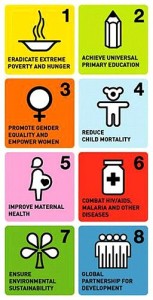 In previous interviews, we learned that the focus is shifting to destinations as key change agents for sustainability in tourism. Do you agree? Which are the main challenges at destination level?
In previous interviews, we learned that the focus is shifting to destinations as key change agents for sustainability in tourism. Do you agree? Which are the main challenges at destination level?
Absolutely – totally agree!! It’s the direction that the Myanmar HRD strategy is taking.
Key challenges vary from one destination to the next – it all comes down to the local context. The qualities of the destination, the character of the public, private, civil society, NGO / development partner stakeholders – and, last but not least, the appetite and enthusiasm of local champions, which are critical in terms of implementation.
Actually, maybe the last word here should be the ability to enforce rules and regulations. So many locations I’ve worked in lack the human and financial resources to implement laws, rules and regulations. This, and stakeholder coordination, are generally the two greatest challenges.
Paul, you recently said that we should move from Millennium Development Goals to the “Wellbeing Economy Goals”. Can you explain it?
Yup. I cannot believe we’ve replaced the MDGs [Millennium Development Goals] with the SDGs! How dry is that? How are we going to inspire and motivate the masses to engage in the “Sustainable Development Goals”??
The majority of people I come in contact with have no idea what Sustainable Development Goals are about – or interest to be inspired by it. But if we look at Bhutan and the story of Gross National Happiness, people are curious and immediately drawn to it.
My time in Bhutan has taught me that “Happiness” translates to “Wellbeing”. And a little more contemplation leads us to conclude that the pursuit of wellbeing is essentially the same as sustainable development.
So if you’re looking to inspire and engage civil society in sustainability debates – are you going to succeed by talking about the sustainable development goals, or by sharing a story, an engaging narrative about Gross National Happiness and Bhutan?? Think about it!
It seems to me “Wellbeing” is a term people are open and ready to relate to. So if we talk about the “Wellbeing Economy Goals” – the WEGs – it will be far easier to popularize interest in critical issues and debates to shape our all futures.
The last point on this, I was at the truly inspiring “High-level Meeting on Happiness and Well-being” convened by Bhutan at the UN in NYC on 2nd April 2012. It was a fantastic occasion, and I continue to be drawn to big picture projects in support of this agenda. I’m working on one in particular that has great potential but needs ‘the stars to align’.
It takes so much synergy to really make a difference. Conversations are ongoing with a number of change-makers, and I’ll get back to you if that alignment shapes up!
 Can you name two books linked to sustainability and tourism that you highly recommend?
Can you name two books linked to sustainability and tourism that you highly recommend?
One of the first passages that really enthused me when I began this journey was “Making the Alternative Sustainable: Lessons from Development for Tourism”, by Emanuel De Kadt in Smith & Eadington’s Tourism Alternatives: Potentials and Problems in the Development of Tourism.
Not linked to tourism, but the key to the sustainability and well-being agenda is The Spirit Level: why greater equality makes societies stronger by Wilkinson & Pickett. That’s a great read!
If you had to start your professional journey all over again, knowing what you know now about sustainability and tourism, what would you do differently?
Wow. Good question. I really don’t know. By slowing down and talking to local people much more, I guess. By taking a step back, and being more patient and less hard-headed when things go awry. And by learning how to meditate and do some yoga. I still need to learn both!
Thank you, Paul.
Visit the LuxDev website or connect with Paul Rogers on LinkedIn.
Enjoyed our interview with Paul Rogers on tourism development in Myanmar and sustainability? Share and spread the word!

